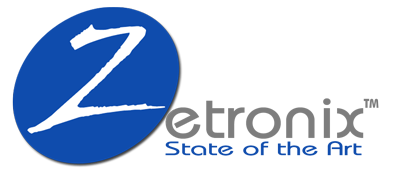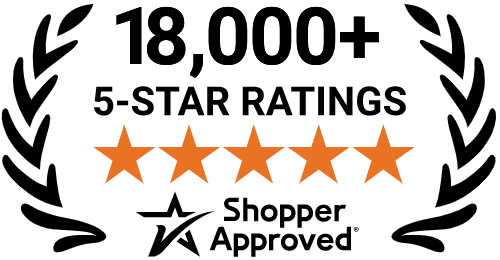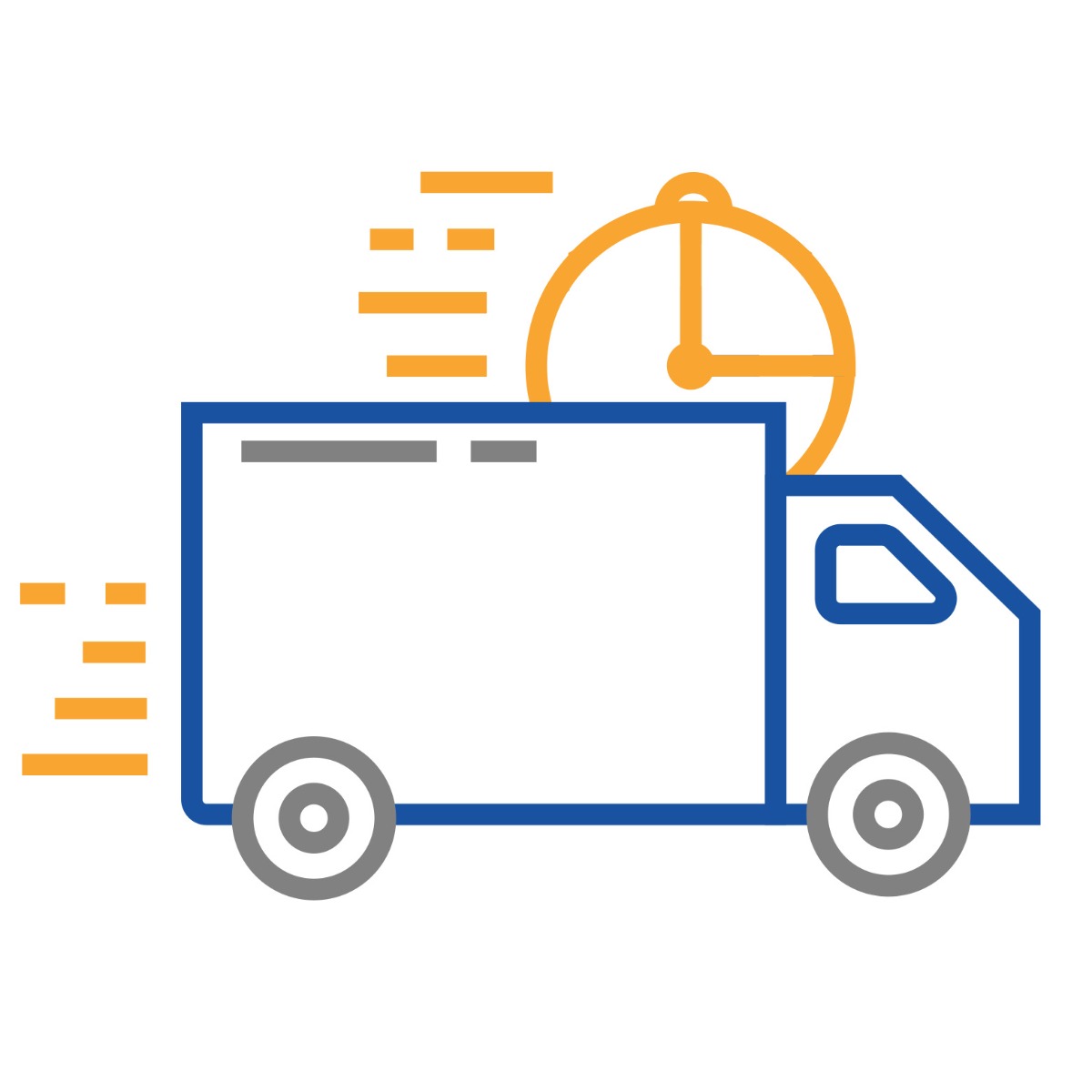Facial Recognition: A Necessary Tool or a Privacy Invasion?
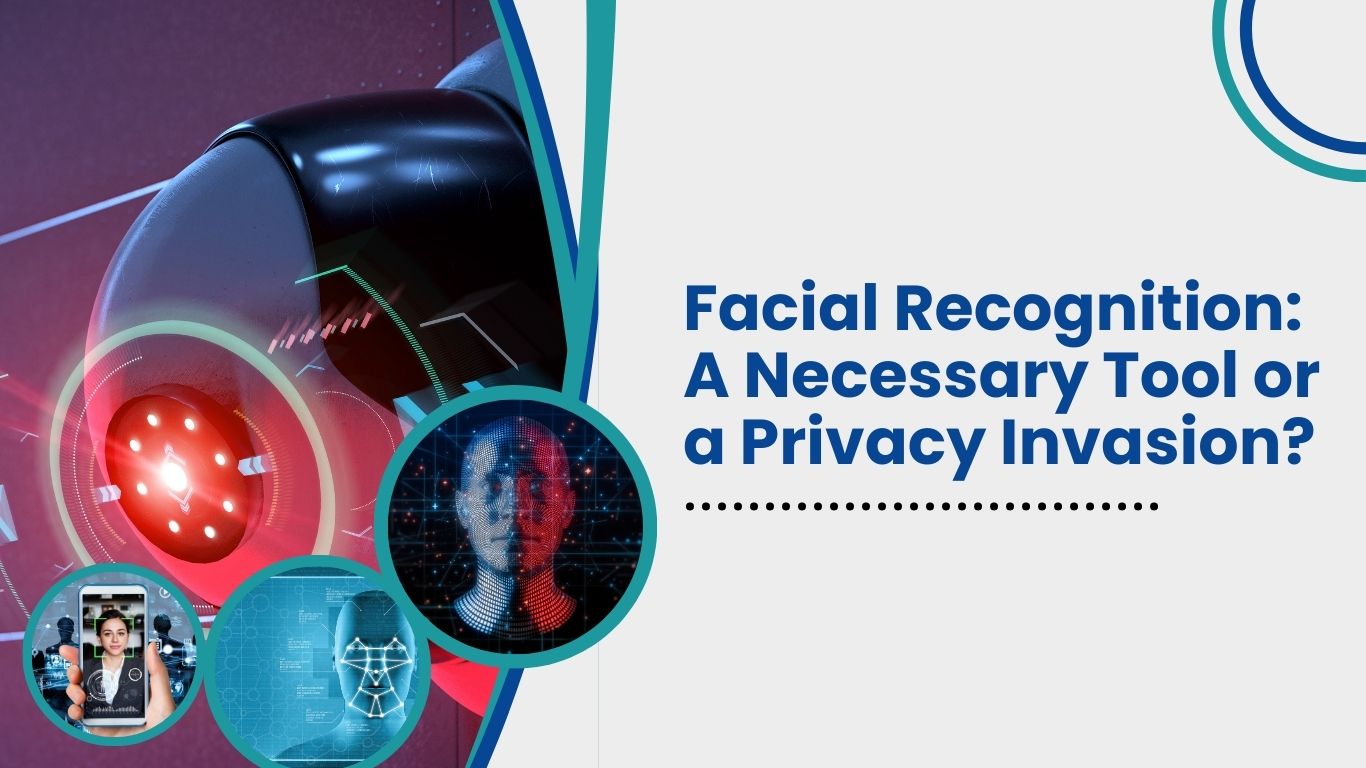
Facial recognition technology has become a widely integrated tech feature in our daily lives, from unlocking our phones to being used for surveillance. This technology has revolutionized security measures, even being used in devices like wifi nanny cams.
It's considered a benchmark for foolproof security in places such as airports, densely crowded areas, sensitive territories, and other places prone to criminal invasion.
However, with its widespread use, concerns have arisen about privacy breaches and associated risks. The question of whether facial recognition is a necessary tool or a privacy invasion is frequently asked, and it's important to consider these concerns, especially in devices like hidden surveillance cameras. Here is what you need to know before jumping to a conclusion.
Is Facial Recognition a Privacy Invasion?
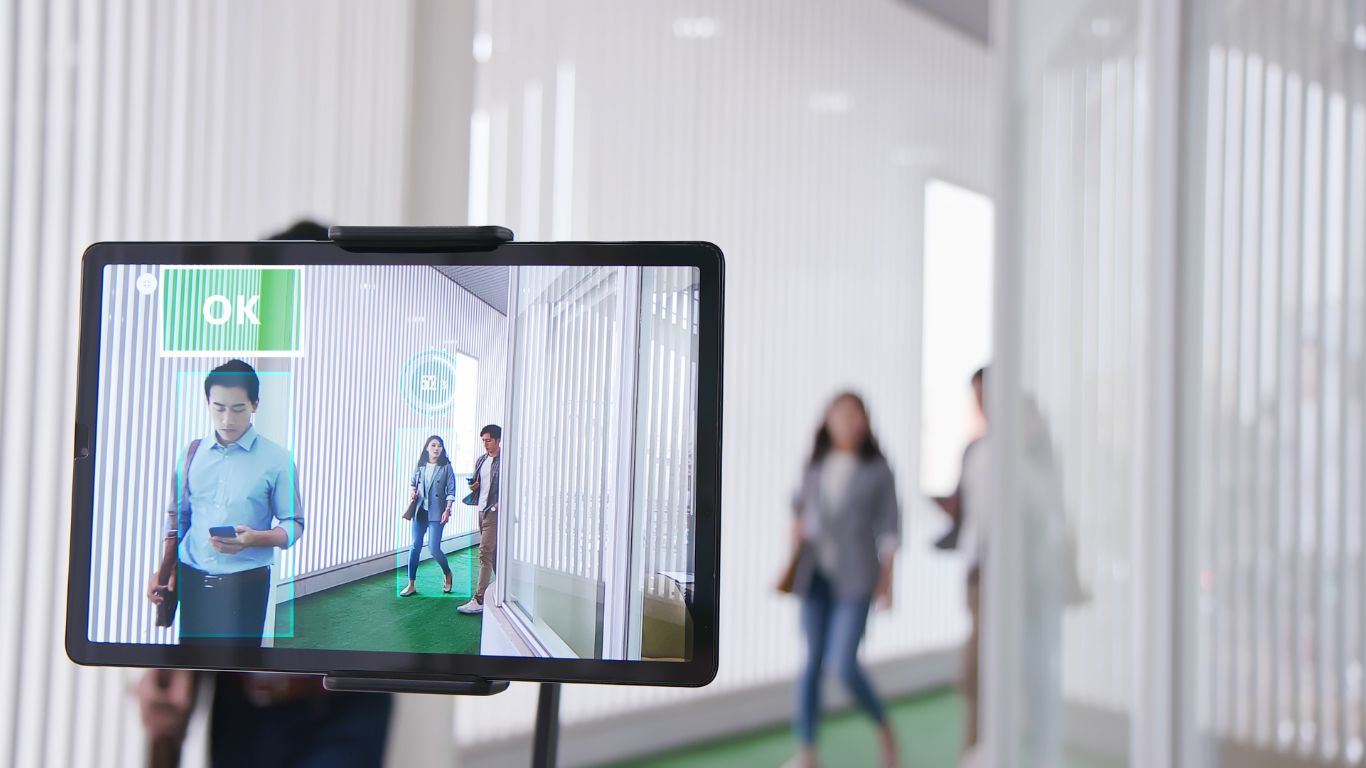
Facial recognition technology comes with many cons that cannot be overlooked owing to the pre-existing risks linked to the digital world. The possible risks associated with facial recognition are:
Privacy Breach and Data Misuse:
We know for a fact that no security system can be kept completely safe from cybercrimes. Government databases have complete personal information of individuals along with pictures. Imagine the damage that can be done if they become accessible to criminals. They can stalk or kidnap people, plan house thefts, and even impersonate them to scam people or the police. The risk of privacy breaches makes facial recognition questionable.
Threatening Individual Privacy:
Have you ever experienced the discomfort that comes with being constantly monitored? The sense of freedom is something none of us want to lose. However, security cameras can track your movements from anywhere, whether walking down the street or taking public transportation. Each activity can be traced, sabotaging your sense of liberty and potentially eroding trust between citizens and the government. Even treating people differently out of fear they may commit a crime is illegal and inhumane. Facial recognition technology poses a constant threat to individual privacy.
Hindering Political and Speech Freedom:
Freedom of speech and political activism is undeniably everyone's right, irrespective of social status or race. However, facial recognition technology is a concern for that matter. Surveillance cameras during demonstrations, rallies, or other political activities can immediately expose participants' identities. The information can be used for threatening, particularly in countries where political freedom is not tolerated.
Every person rightfully deserves anonymity in public places and wants to keep their identity hidden during the protest or other similar sensitive activities. Face recognition camera devoid people of their right to remain unidentified. The fear of facing the consequences of involvement in a protest will eradicate the practice of raising a voice for one's rights.
The Room for Inaccuracy:
Technological tools are always prone to malfunctioning and inaccurate results. Likewise, any facial recognition technology inaccuracies can lead to wrong identifications and unjust arrests. Misidentification of individuals is one of the biggest threats facial recognition technology has.
Is Facial Recognition Technology Beneficial?
Despite all the risks linked to facial recognition technology, its benefits cannot be overlooked. Since this has been introduced, mitigating crimes and capturing the culprits involved has become much easier.
The level of security has significantly increased at places like airports, homes, or offices. Any possible mishap can be taken care of timely. The work of law enforcement companies has become easier, and the process of finding criminals is accelerated.
The marketing world is also making the most of this amazing technology and using it to track customer behavior and design its marketing strategies accordingly for enhanced effectiveness.
We live in a world where cyber threats have increased significantly over the past few years. Digital thefts than physical ones victimize people more. Everyone wants personalized and foolproof security measures to ensure their safety at home and in the digital world. Facial recognition technology allows people to have a better security standard as their devices, such as phones, laptops, or door locks, become accessible to them only. The sense of safety this tech feature provides is undeniably satisfying.
What is the Verdict?
Having a sound knowledge of the benefits and risks linked to facial recognition technology, it might be confusing for many to reach a conclusion. The ease it brings to law enforcement for eradicating crimes makes it a necessary tool. However, this technology needs to be used thoughtfully and more responsibly with a set of pre-agreed principles. For example:
Face recognition should not be used without consent. Everyone has a right to know if someone is monitoring them. It should not be used to track someone's day-to-day life out of suspicion.
This technology needs to be used ethically and should not violate internationally recognized civil rights in any way. It should not be used during a public gathering where the right to freedom of expression or speech is practiced.
Companies using FRT either for marketing or storing employees' information should make their aims clear regarding its usage.
Any company or law enforcement agency using facial recognition technology should take extra measures to ensure the safety of the data they are collecting. The information should not be by any means prone to cyber threats.
The Conclusion:
The developments in face recognition technology have raised many global concerns and received equal appreciation for the practicality it offers. If adequate measures are taken to prevent the misuse of this technology, it can bring much-needed change to societies and make this place a lot safe!
